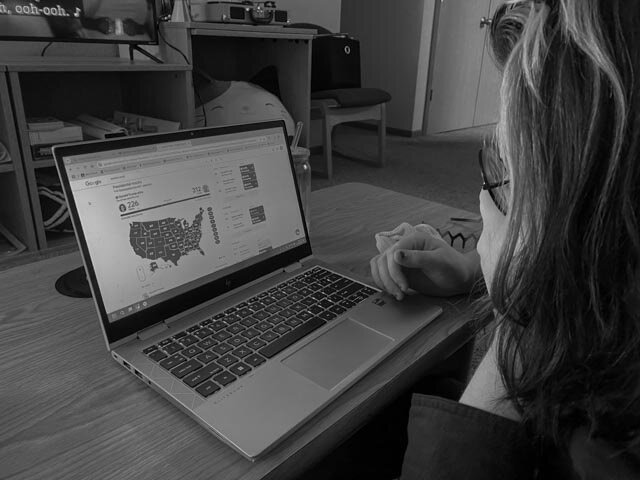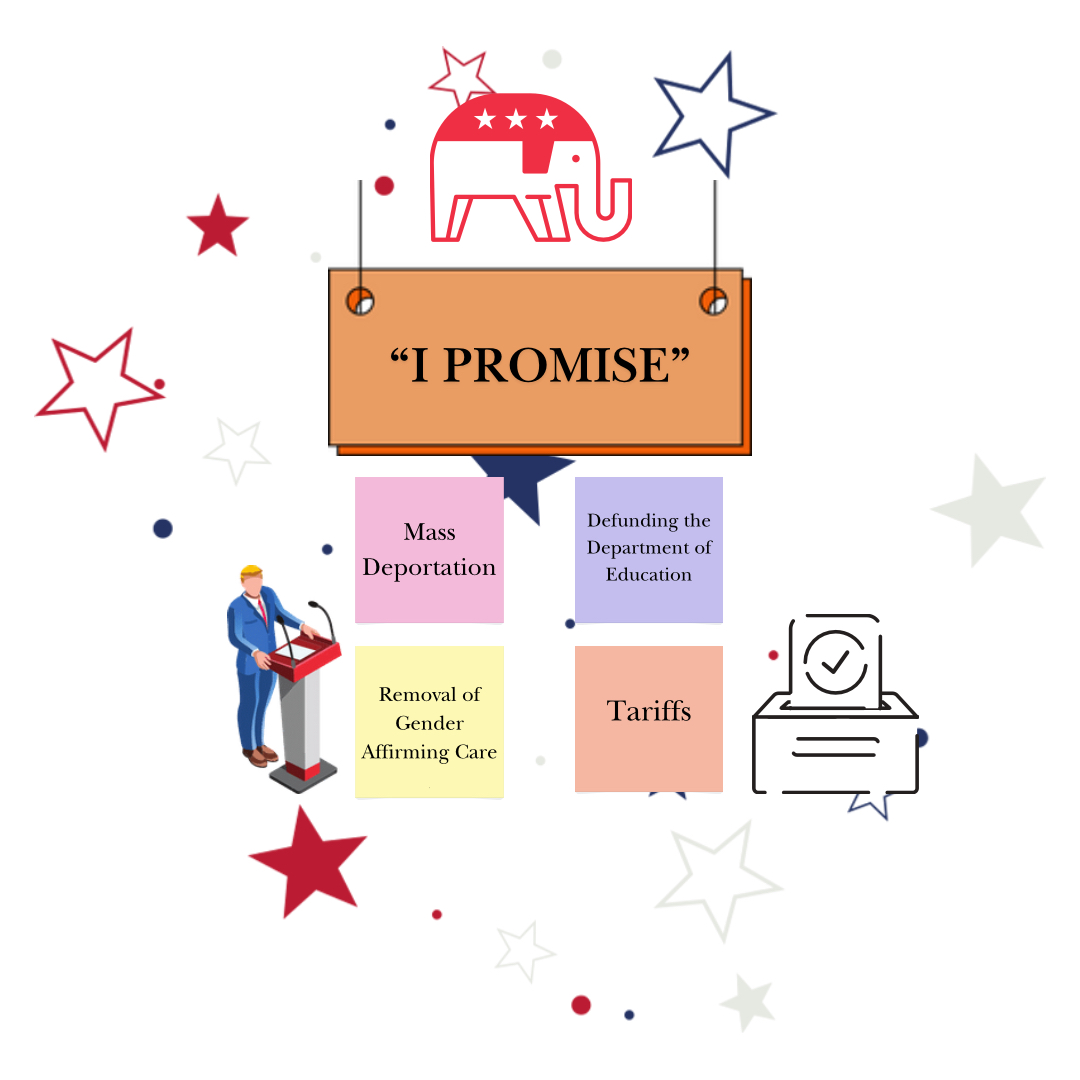Molly O’Connor/Winonan
The use of disabilities in media and dramatic performances has evoked various interpretations on what disability means to the performing arts.
Inducing pity, humor and even fear, exploiting disabilities and handicaps in dramatic works have provided entertainment and controversy for centuries.
The Athenaeum presentation on Wednesday, Feb. 27 provided insight on how disabilities have been perceived in dramatic works, dating back to medieval times and up to present day movies and television shows.
English graduate Daniel Skoglund traced the origins of disabilities in dramatic works, as well as discussed how the plays of medieval times were able to entertain audiences using a character’s handicap, and what it means to entertain in postmodern works such as the show “Seinfeld.”
Skoglund’s interest in disability studies allowed him to take a closer look at how time had evolved the way in which an ailment afflicted on a person could be tied into everyday life.
While he acknowledged that the strategies and applications that drama had created to incorporate handicaps in their works, Skoglund admitted that he had never questioned what it could mean to him personally.
“What struck me most was that I had never considered the presence of the disabled community and what it would mean to myself,” Skoglund said. ”The closest I had ever come to acknowledging the existence of the culture was by not parking in the handicapped spots at Walmart, or being scolded by my third grade teacher for using the automatic door controls. It was the closest I had ever gotten to interacting with the culture.”
Skoglund developed an interest in disability studies through his chosen major at Winona State, as he studied Shakespearean works.
“Being an early modernist with an affinity toward Shakespeare and other renaissance dramas,” Skoglund said, “I began to notice a pattern of dramatic works ranking from the medieval period to the modern day works as a way of using disability to develop plotlines…evoking fear, pity, humor and even heroic stories into the plot.”
Skoglund introduced the early concepts of exploitation through French dramas such as “The Blind Man & the Cripple” and “The Boy and the Blind Man.”
“Both plays contain narrative elements that contribute to the development of the plot line, as well as exposing fear and the threat of the disabled, bringing in the cultures of margins of society in order to make it humorous.” Skoglund said. “The humor was to alleviate the anxiety felt towards the disabled.”
As the historical context influenced the dramatic works of the time period, Skoglund went on to explain that “blindness was often related to criminal behavior, since blinding someone was a common punishment for criminals. In general, the growing association between criminal activity and disabilities contributed to the negative reactions and perceived threats associated with the disabled.”
The presentation moved to the topic of Shakespeare’s work in the revenge tragedy “Titus Andronicus.” The plays bloody plot leads to the disabling of the character Lavinia, whose tongue and hands are removed.
The use of disabling a character was seen more as a way to provide a spectacle for the audience, rather than showcasing the fear felt towards the defects of characters.
“It even allowed the characters of Lavinia and Titus to become closer, as they suffered the physical disabilities together,” Skoglund stated.
Lastly, Skoglund presented the use of disability presented in the famous sitcom “Seinfeld.”
For example, in the episode “The Handicap Spot”, there is the debate over whether the characters should park in a handicap spot, despite the fact that none of them are disabled.
Skoglund’s presentation on how dramatic works incorporate disabilities, whether to provide spectacle, comic relief or merely to evoke different emotions and reactions towards the disabled, demonstrate the vast ways in which the exploitation of handicaps have provided entertainment as well as how it remains the same throughout the course of history.
Contact Molly at [email protected]









































